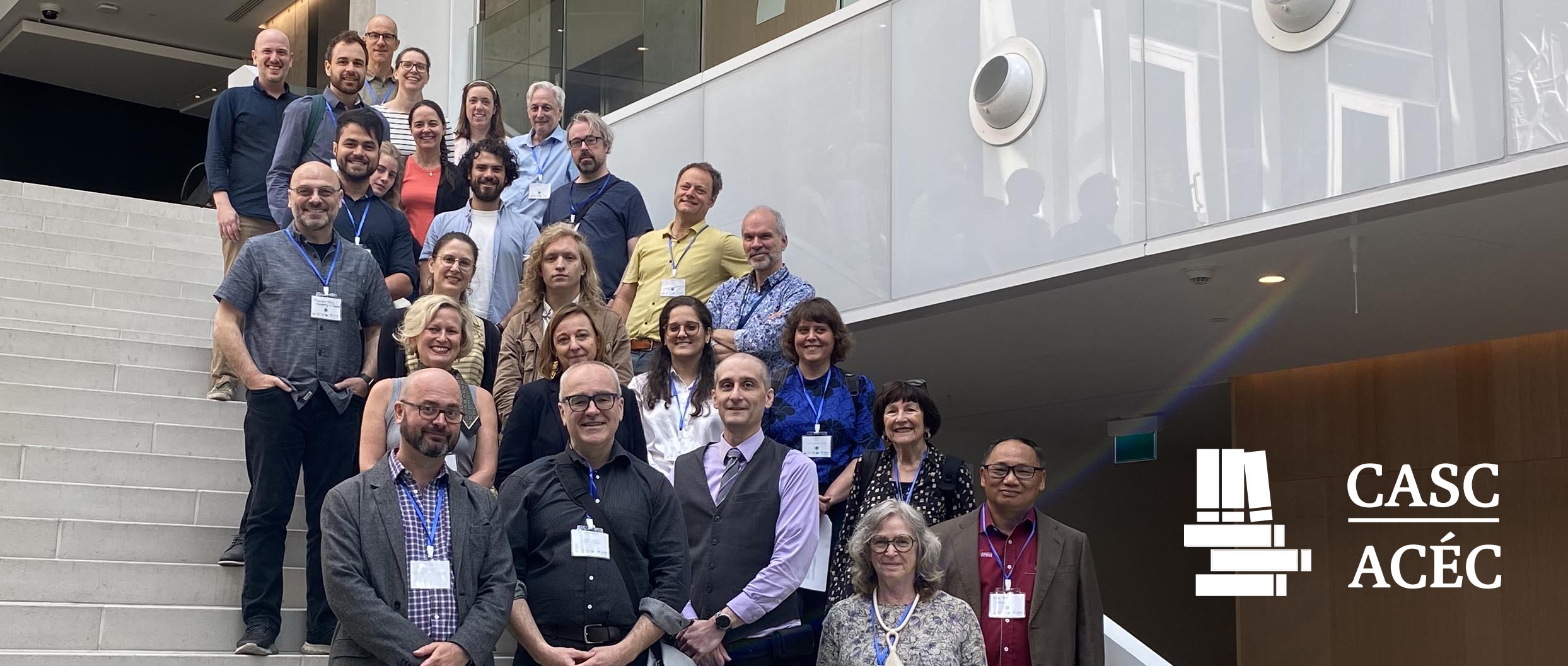2013 Conference in Victoria
2013 Annual Conference of the Canadian Association for Studies in Co-operation (CASC)
University of Victoria, Victoria, BC, June 4-6, 2013
Conference Theme
Co-operatives have always been innovative organizations operating at the edge. Historically, they have emerged as bottom-up responses to socio-economic distress or in communities that are under-serviced or otherwise on the margins. In enabling people to meet their economic, social, and cultural needs in association, co-operatives have innovated equitable and just ways of creating and distributing socially generated wealth. Moreover, despite constraints imposed upon them by their legal status, the complex nature of their ownership and governance structures, and the principles and values by which they abide, co-operatives have often outperformed and outlasted conventional, investor-owned firms.
In our latest global slump, co-operatives not only continue to provide viable solutions to economic crises and social exclusion in local communities, but are also taking the lead in promoting more environmentally sustainable practices. Indeed, transnational organizations such as the ICA, the ILO, the UN, CICOPA, and increasingly regional and national governments, have taken notice of the resilience of co-operatives and the strength of co-op movements the world over; in recent years, co-operatives have often led the way in sustainable production and work practices and have promoted economic activity rooted in solidarity rather than self-interest.
The theme of this year’s annual conference aims to draw analytic attention to the ways in which co-operatives and related social economy organizations innovate:
- to champion social inclusion
- to support economic and business practices fostering sustainability
- to build solidarity economies.
These are the conference’s three thematic pillars. We are especially interested in how cooperatives and co-operation offer palliatives to and paths beyond crises. Seeking to bring together Canadian and international researchers and co-operative practitioners, our ultimate goal is to explore how co-operatives are creating new socio-economic realities for communities “at the edge” and how they are also “cutting edge” organizations pushing mainstream economic practices and social policy into new, more inclusive, and more community-focused directions.
Conference Topics
Social Inclusion
- Innovation and Entrepreneurship in Youth and Student Co-operatives
- Innovation and Entrepreneurship in Social and Solidarity Co-operatives
- Innovation and Entrepreneurship in Inter-co-operation between Co-operatives Innovation and Entrepreneurship in Aboriginal Communities
- Innovation and Entrepreneurship in Fair Trade, Poverty Reduction, and Local Development Strategies and Practices
- Innovation and Entrepreneurship in crisis and conflict contexts
- Business Conversions to Worker Co-operatives: Recuperating Businesses, Saving Communities
Sustainability
- Is “sustainability” the new co-operative value for the 21st century?
- The Role of Education in Promoting Co-operative Innovation
- The Role of Research in Promoting Co-operative Innovation
- The Role of Public Policy in Promoting Co-operative Innovation
- Innovation and Entrepreneurship in Green Production
- Co-operative Management Structures and Practices
- Co-operative Ownership and Governance Structures and Practices
- Co-operative Business and Marketing Strategies
Solidarity Economies
- Mainstreaming the Co-operative Advantage
- Co-operatives and Development
- Fostering Co-operation among Co-operatives
- Transnational Co-operation among Co-operatives: Bridging North-South Divides
- Co-operative types (i.e., worker co-ops, financial co-ops, consumer co-ops, agricultural coops, etc.)
- Moving Beyond Crises and Marginalization via Co-operative Values and Practices
Conference Information
This year’s CASC conference will be held from June 4th to June 6th, 2013, during the Annual Congress of the Canadian Federation for the Humanities and Social Sciences (CFHSS) 2013 at the University of Victoria, Victoria, BC, Canada. Participants in the CASC Conference should register through the Congress website http://www.fedcan.ca/en/congress). Registration, which includes the early bird prices, begins in January 2013. Fees for the conference include both Congress registration and a one-year membership in CASC. There is an additional fee for those wishing to attend the Annual CASC Banquet, which is a joint affair held in collaboration with ANSER. The Congress website also includes information on accommodation, discounts for travel, and local information. For more information on CASC and the general meeting, including updates about keynote speakers, plenary panels, banquet details and the other news, please consult the CASC website (www.coopresearch.coop) or e-mail us at casc.acec@usask.ca .
2013 CASC Program and Conference Committee
Fiona Duguid (Program Chair)
Isobel Findlay
Ana Maria Peredo (Local Events Coordinator)
Darryl Reed
Marcelo Vieta

Leave a Reply
You must be logged in to post a comment.